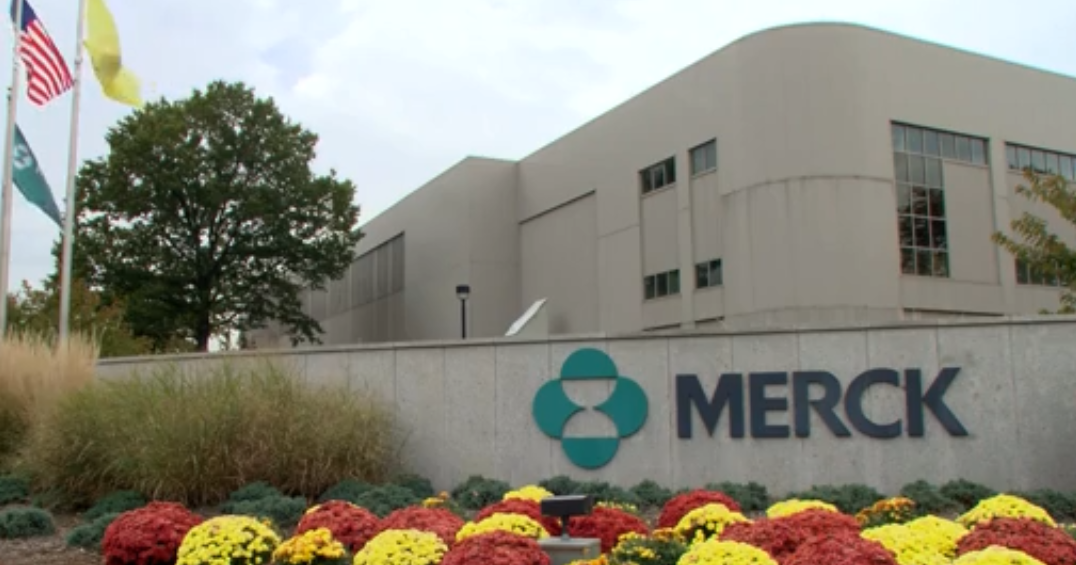Merck pulls Keytruda's FDA nod for third-line stomach cancer

Merck & Co will voluntarily withdraw a US marketing approval for cancer immunotherapy blockbuster Keytruda in gastric cancer, after studies intended to confirm its efficacy in this setting were a bust.
The decision comes after FDA advisors voted six to two in April that Keytruda (pembrolizumab) should not stay on the market as a treatment option for patients with PD-L1-expressing gastric or gastroesophageal junction (GEJ) adenocarcinoma in patients who have received two or more earlier lines of therapy.
Merck's drug has been approved for this use since 2017, but failed to show a statistically significant improvement over third-line chemotherapy in either of two confirmatory trials – KEYNOTE-061 and KEYNOTE-062.
The FDA has been conducting an industry-wide evaluation of indications based on accelerated approvals that have not met post-marketing requirements.
The FDA's Oncologic Drugs Advisory Committee (ODAC) said at its meeting that while patients with this type of cancer have few treatment options, their prospects had been improved by a recent trial that backed the use of Bristol-Myers Squibb's rival immunotherapy Opdivo (nivolumab).
The results of the CheckMate-649 study of Opdivo plus chemotherapy as a first-line treatment for advanced gastric/GEJ cancer showed improved survival versus chemo alone last year – the first time that has been achieved with an immune checkpoint inhibitor. The data means that immunotherapy has now moved earlier in the treatment pathway.
In a statement, Merck said that the decision to withdraw the approval came after consultation with the FDA and would be completed within six months. That follows calls at the ODAC meeting for the removal of the indication to be delayed for a few months to cover second-line patients who have yet to be treated with a checkpoint inhibitor.
Merck also voluntarily withdrew its accelerated approval for Keytruda in in metastatic small cell lung cancer (SCLC) with disease progression on or after platinum-based chemotherapy and at least one other prior line of therapy, after the KEYNOTE-604 trial failed to confirm its benefits.
Keytruda still has a role to play in gastric and GEJ cancer, having won an accelerated approval from the FDA in May as a first-line treatment alongside chemotherapy and Roche's Herceptin in HER2-positive tumours.
It was also cleared for first-line therapy of GEJ and oesophageal cancer in March, in combination with chemo, regardless of PD-L1 status.












